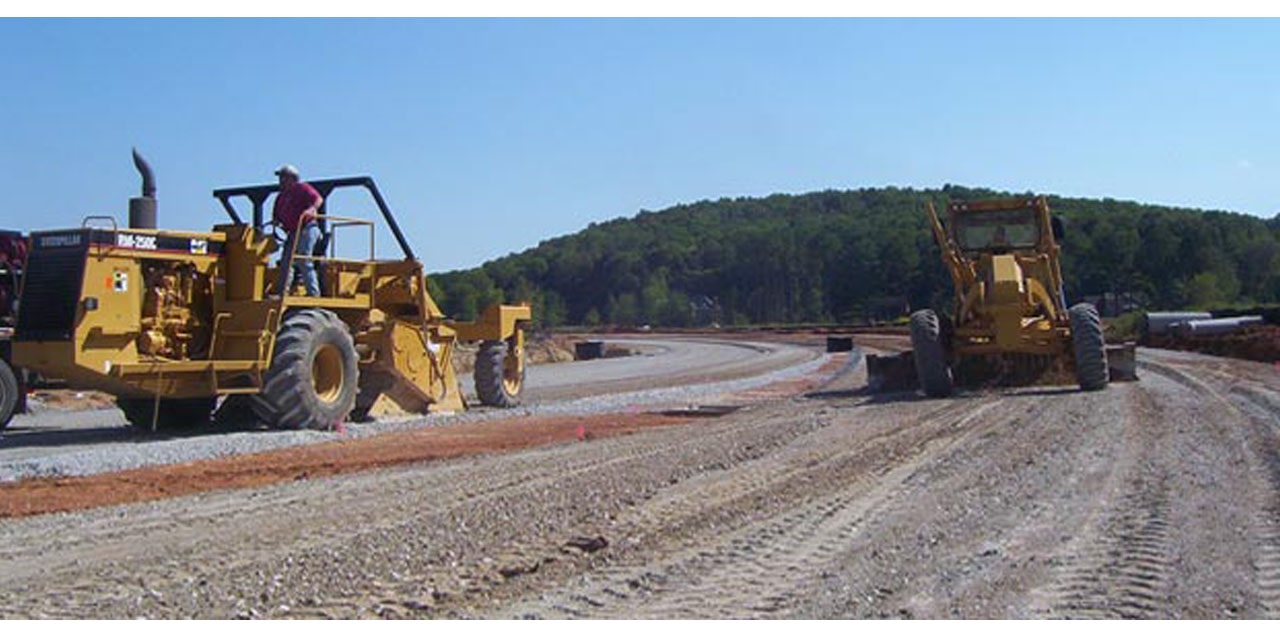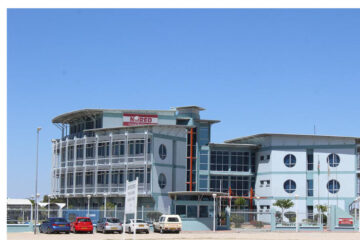Obrein Simasiku
A combined funding of N$2 billion, will be geared towards the upgrading of the 33km stretch between Usakos-Karibib, as well as the construction of a direct portable reclamation plant in the central area, including the Namibian Water Sector Support Program (WSSP) for the northern parts.
The German government in collaboration with the KFW Development Bank, will bankroll the construction and rehabilitation of road networks and water infrastructure in Namibia, through a concessional loan signed today. About 40 million Euros (N$746 million) is for road construction, while 50 million Euros (N$932 million) is for water infrastructure.
A further loan of 20 million Euros (N$373 million) was signed by bKfW and the Roads Authority. “The concessional loan of 20 Mio EUR (373 million NAD) to the Namibian Government is financed through the KfW Development Bank and funded by the German Ministry for Economic Cooperation and Development, and will be used for the rehabilitation and upgrading of the B2 section between Karibib and Usakos, and form part of Trans-Kalahari Corridor and the Walvis Bay-Ndola-Lubumbashi Development Road.”
“This important road rehabilitation contributes to the economic objective of having a well-functioning and high-quality transport infrastructure connected to the most important local and regional markets, as well as to the port of Walvis Bay. The road will be upgraded to a 2 (plus) one (1) grade similar to Okahandja Karibib Road,” the parties say in a joint statement.
The second Direct Potable Reclamation Plant (DPR II) will help increase the water resources in the central areas, complementing the Goreangab Water Reclamation Plant’s 25 per cent recyclable output and increasing it to 50 percent. “DPR II is intended to be implemented by NamWater at the same time as upgrade works are carried out for the City of Windhoek (CoW) waste water plants. This will increase the amount of water that can be reused, allowing for up to 50% of Windhoek’s water supply to come from the two Direct Potable Reclamation Plants.” This highly innovative, resourceful and not least sustainable approach is not unique in a Namibian context but worldwide. As such, Namibia as a country, through NamWater and the City of Windhoek, continues to lead the way internationally when it comes to direct potable reclamation.
Meanwhile, funds under the Water Sector Support Programme will be used to replace parts of the pipeline on the Omdel Wlotzkasbaken and Schwarzekuppe-Swakopmund, as well as the rehabilitation of parts of the Calueque-Oshakati Canal and a new water pipeline for the Oshikuku Bypass. The programme also includes the Katima Mulilo Purification Plant, which entails the rehabilitation and extension of the existing water abstraction system (intake tower) and purification plant.




